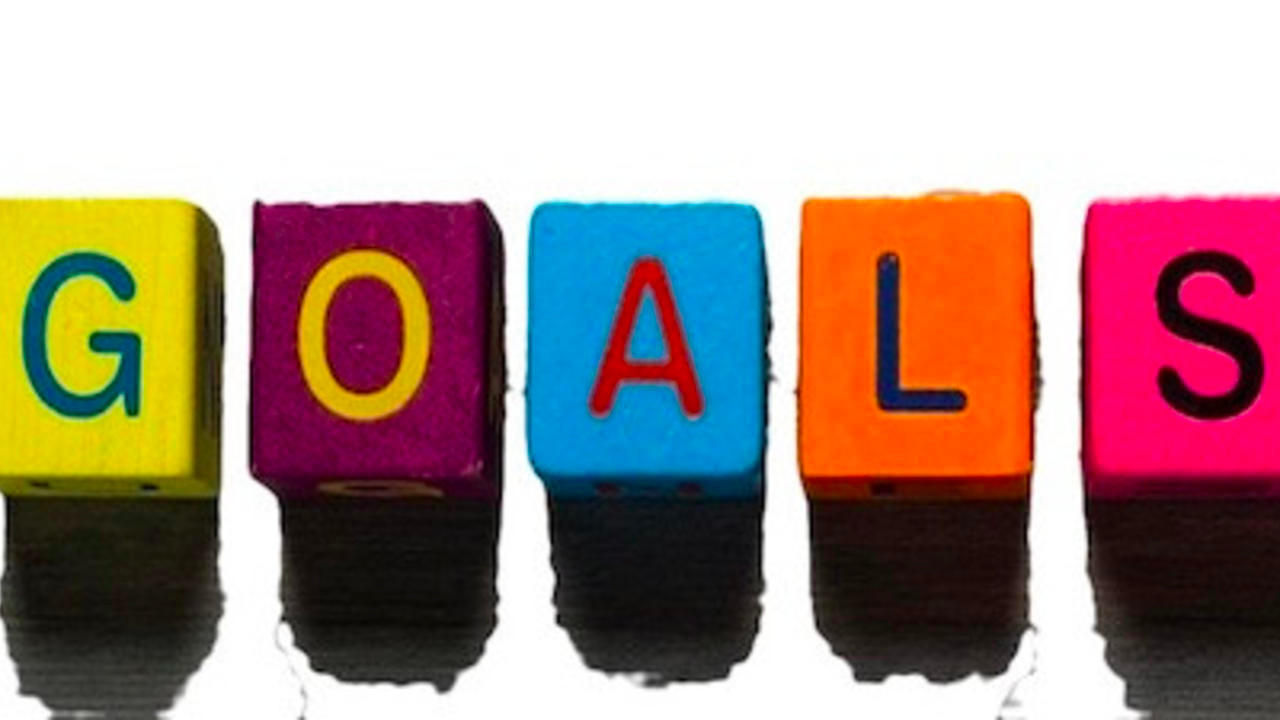
SMARTER GOALS - SPECIFIC
Nov 21, 2020SMARTER GOALS – S
SPECIFIC AREAS OF NEED MUST BE IDENTIFIED IN ACADEMIC, DEVELOPMENTAL, AND FUNCTIONAL SKILL SETSIt is difficult to underestimate the importance of specificity when dealing with the process of developing an IEP. Whether considering the results of evaluations, baselines, progress reports, behavior or any of the other factors that can facilitate access to learning or impede that access can have a profound effect on the outcomes that can be achieved.
This requires observable and measurable behaviors [34 CFR §300.320(2),1(a)] including:
- The goal must use specific actions words and contexts, and be explicitly defined without any ambiguity.
- It cannot be subject to individual interpretation.
- What is to be achieved? What type of outcome expected?
- It must pass the Dead Man and Stranger tests
- Pass the dead man test
- If a dead person can do it - it is not an appropriate IEP goal
- “Does not yell at peers." This does not pass the dead man's test.
- "Speaks to peers without yelling" This passes the dead man's test.
- Pass the stranger test
- Goals and objectives for students are described so that a person unfamiliar with the student could read the description and understand it. Usually, this is a behavioral description.
- How the word “anger” may be interpreted differently and must be defined. A Goal to decrease "angry outbursts" -
- Does this mean hitting or kicking or does it mean verbal threats or profanity directed toward peers?
- Expressive language deficit - does it mean lack of vocabulary or muteness
- Pass the dead man test
- Meet the child’s needs that result from the child’s disability to enable the child to be involved in and make progress in the general education curriculum. [34 CFR §300.320(a)(2)(i)(A)] To do this are the following required:
- Related service evaluations
- Academic evaluations
- Research-based programming
- SAS—supplementary aids and services - specific materials, resources, aids, strategies or services to gain access to the general education curriculum -(enlarged print))
- SDIs—specially designed Instruction—how the teacher instructs or assesses (direct instruction)
- Do you need an inclusion plan so they can be involved in the General Curriculum?
-
- Meet each of the educational needs that result from the child’s disability. [34 CFR §300.320(a)(2)(i)(B)].
- Have all the academic, developmental, and functional needs been evaluated and identified?
- If not then go back to the evaluation process.
- Parent Functional Skill Input is important - what does it look like?
- Can't do homework independently
- Unable to apply/generalize learned skills in one environment to another
- Prompt dependence
- Self-regulation across environments
- Assistive technology needed or used or not used
- I learned this one when my son could do Trigonometry on paper but could not count to get correct change at the store.
- Social Competence is not just social skills.
- Social competence underlies everything else since academics only get a person so far. Must have the skills to socially communicate, think flexibly, have and use the theory of mind skills, and manage emotions
- Meet each of the educational needs that result from the child’s disability. [34 CFR §300.320(a)(2)(i)(B)].
SOCIAL COMPETENCE
- A higher-level social cognition goal in the National Special Education Advocacy Institute (NSEAI) curriculum6 includes learning and identifying:
THE FUNCTIONS OF ATTITUDES
- KNOWLEDGE FUNCTION - accurately predict what is likely to happen
- ADAPTIVE FUNCTION - express and initiate socially acceptable attitudes, understanding that people will reward them socially
- SELF-EXPRESSIVE FUNCTION - the ability to positively communicate or assert their identity verbally (core values and beliefs) and non-verbally- (cloths and hygiene).
- EGO-DEFENSIVE FUNCTION - decreased inappropriate use of his defensive attitude, denial, rationalization to protect their self-esteem, and accept ownership. And the use of a positive attitude to boost their self-esteem.
- THE FUNCTIONAL APPLICATION of these skills through
- Evaluation,
- Effectiveness and
- Intentionality of us
- Functional skills include all related service evaluations and functional skill evaluations (that are research and developmentally based). e.g.
- AFLS
- Brigance functional assessments
- VB MAPP
This is the second of 8 blogs addressing the use of Smarter Goals in order to attain better functional outcomes for our children. Make sure you SUBSCRIBE to the blog so you do not miss any of them.
NEXT UP ON THE AGENDA
8. SMARTER GOALS: RESEARCH BASED
1. UNDERSTANDING SMARTER GOALS

NSEAI's online courses efficiently lead parents and professionals to an expert level of education advocacy in just 12 days of on-demand courses that you can do at your convenience.
OUR CHILDREN DO NOT HAVE TIME TO WASTE.
LEARN TO DEVELOP A CHILD FOCUSED IEP CORRECTLY FROM THE START
vs JUST ACCEPTING A LEGALLY SUFFICIENT ONE!
CHANGE THEIR LIVES NOW
CLICK HERE
AUTHORS
Marie Lewis is an author, consultant, and national speaker on best practices in education advocacy. She is a parent of 3 children and a Disability Case Manager, Board Certified Education Advocate, and Behavior Specialist Consultant. She has assisted in the development of thousands of IEPs nationally and consults on developing appropriately individualized IEPs that are outcome based vs legally sufficient. She brings a great depth of expertise, practical experience, and compassion to her work as well as expert insight, vision, and systemic thinking. She is passionate and funny and she always inspires and informs.
MJ Gore has an MEd in counseling and a degree in elementary education and natural sciences. She worked as a life-skills and learning support teacher She has been honored with the receipt of the Presidential Volunteer Service Award. She is the Director and on the faculty at the National Special Education Advocacy Institute. Her passion is social justice, especially in the area of education. She is a Board Certified Education Advocate who teaches professional advocates, educators, and clinicians the best practices in education advocacy.
